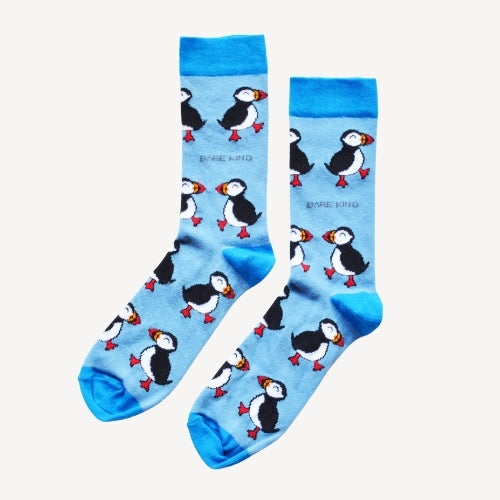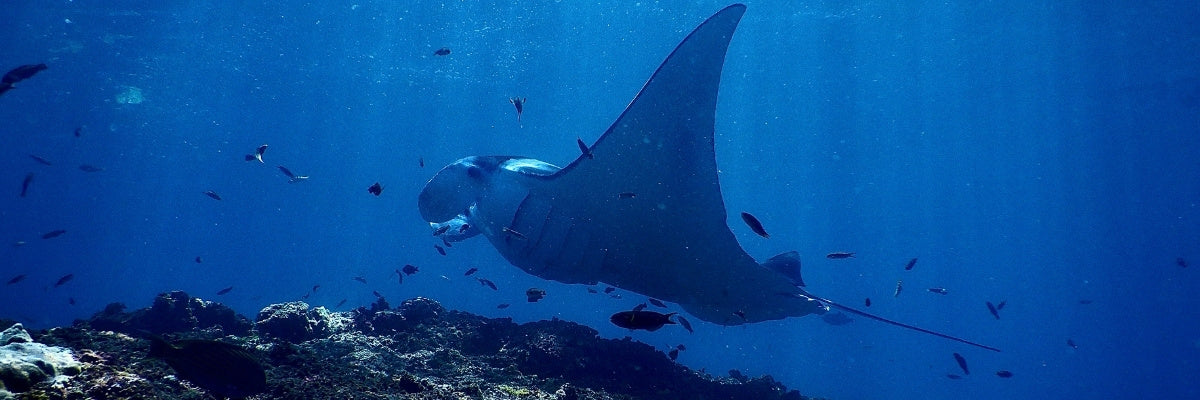
Save the Sharks and Rays with Love The Oceans
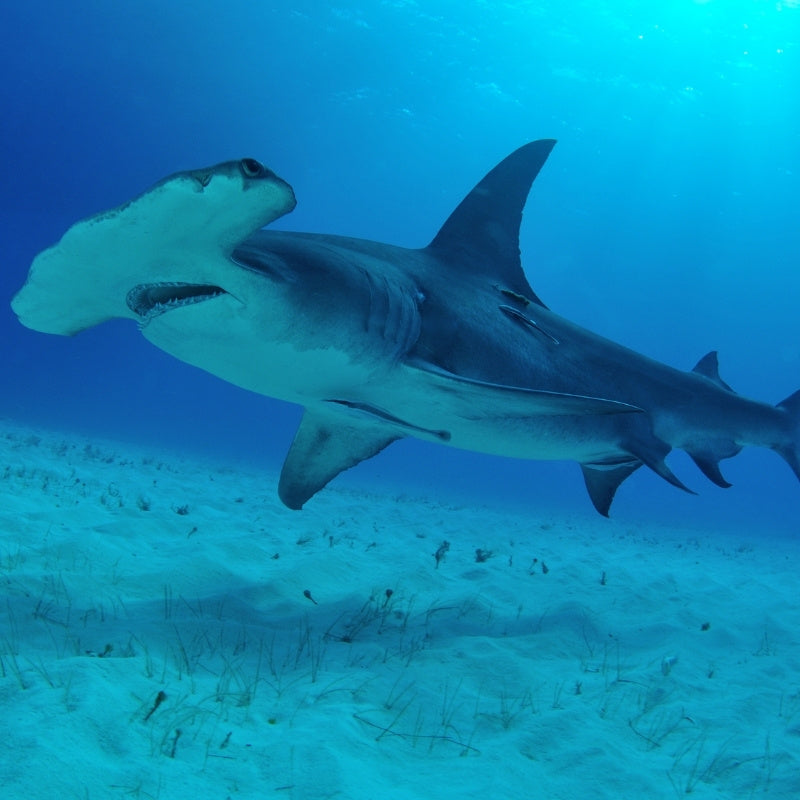
Jangamo Bay in Mozambique is home to a rich and diverse marine ecosystem, including a variety of rays and sharks. However, many of these species are under threat due to overfishing, bycatch, and habitat destruction. For example, the population of the scalloped hammerhead shark has declined by 90% in the Western Indian Ocean, while the number of manta rays in the Mozambique Channel has decreased by 79% over the past 75 years.
Protecting rays and sharks in Jangamo Bay is important not only for the survival of these species, but also for the overall health of the marine ecosystem. Rays and sharks play a critical role in maintaining the balance of marine food webs, and their decline can have cascading effects throughout the ecosystem. In addition, many local communities in Mozambique rely on these species for food and income through ecotourism, and their disappearance could have serious economic and social impacts. By supporting conservation efforts in Jangamo Bay, we can help protect these important species and promote sustainable fishing practices that benefit both wildlife and local communities.
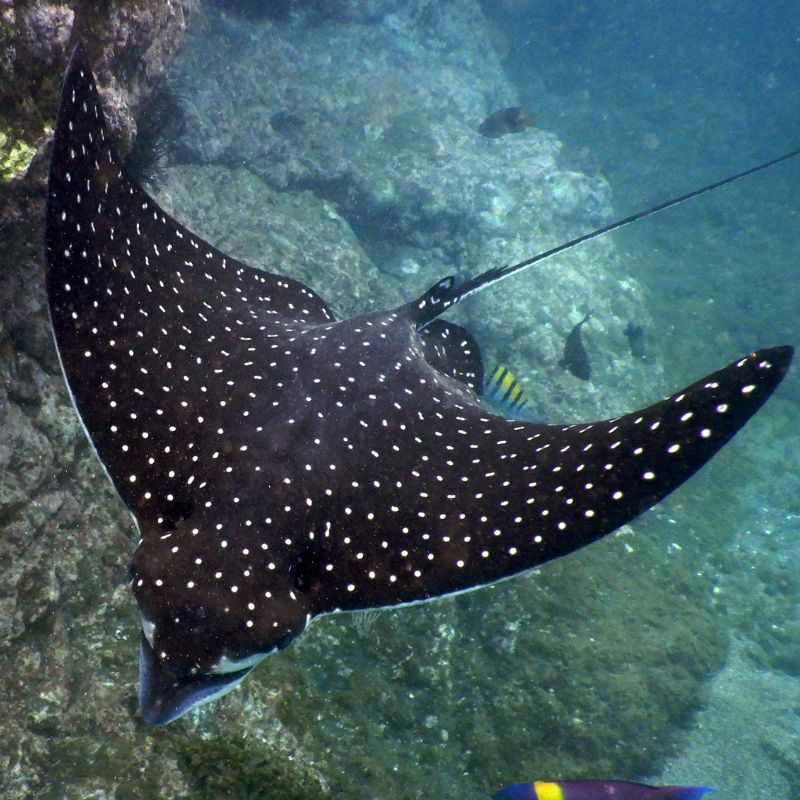
Eagle Spotted Rays are a species of ray found in coastal waters throughout the world, including Mozambique. They are typically found in shallow waters and are known for their distinctive spotted pattern and large size, with adults reaching up to 2 metres in length.
Like many other marine species, Eagle Spotted Rays are vulnerable to the effects of climate change. As ocean temperatures rise, it can have a significant impact on the availability of food and habitat for these rays. Changes in ocean currents and sea levels can also affect the movement patterns and migration of Eagle Spotted Rays, making it harder for them to find suitable breeding grounds or food sources.
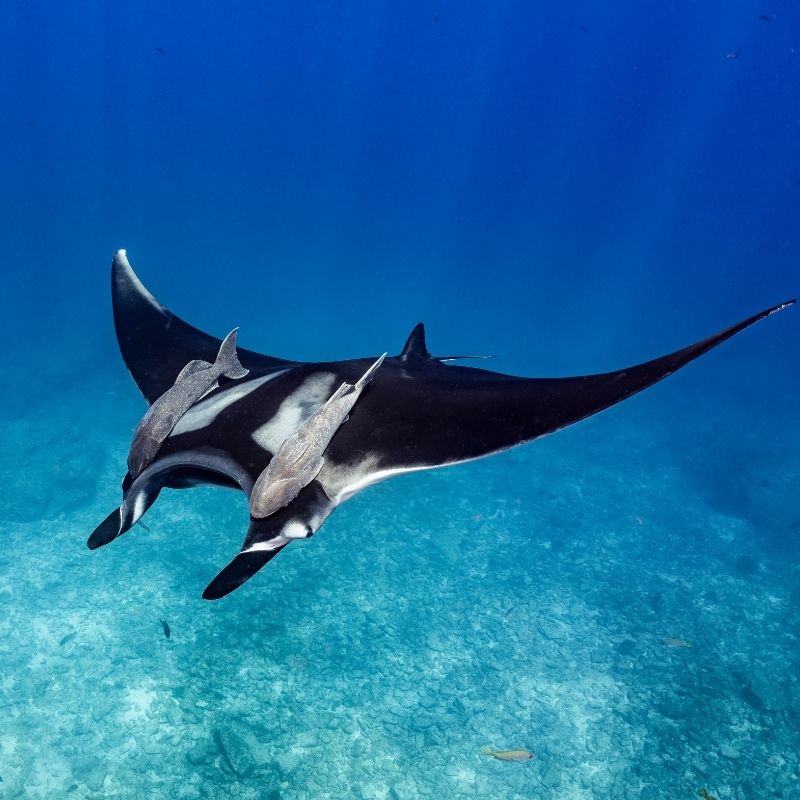
In addition to the impacts of climate change, Eagle Spotted Rays are also at risk from overfishing and habitat destruction. They are often caught accidentally in fishing nets or targeted for their meat and valuable fins. As a result, their populations have declined in many areas of the world, including Mozambique.
According to the International Union for Conservation of Nature (IUCN), Eagle Spotted Rays are currently listed as "data deficient," which means that there is not enough information available to accurately assess their conservation status. However, given the potential impacts of climate change and other threats, it is important to continue monitoring their populations and implementing measures to protect them. This could include reducing fishing pressure, establishing protected areas, and promoting sustainable tourism practices in areas where Eagle Spotted Rays are found.
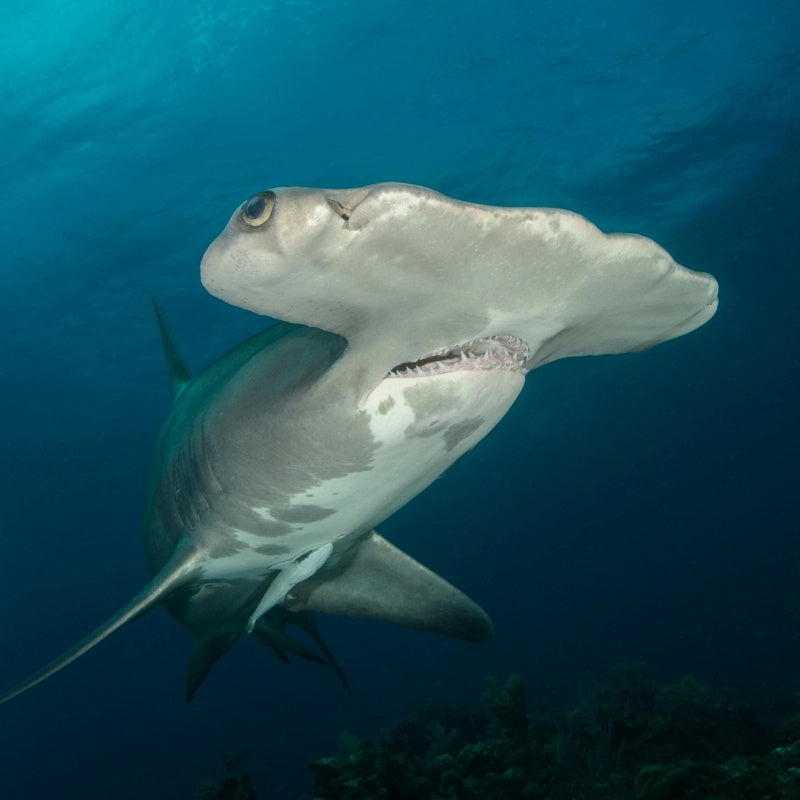
Hammerhead sharks are one of the most recognisable and unique-looking species of shark in the world. In Jangamo Bay, Mozambique, the Great Hammerhead shark is known to inhabit the waters. However, like many other shark species, Hammerhead sharks are facing significant threats due to the impacts of climate change.
One of the biggest threats to Hammerhead sharks is the loss of suitable habitat. As sea temperatures rise, their preferred temperature ranges may shift, affecting their distribution patterns and potentially making it harder for them to find suitable food and breeding areas. Changes in ocean currents and sea levels can also impact their migration patterns, making it more difficult for them to reach their preferred habitats.
Additionally, Hammerhead sharks are particularly vulnerable to overfishing, both as a target species and as bycatch in fishing nets. According to the International Union for Conservation of Nature (IUCN), the Great Hammerhead shark is currently listed as "Endangered," with population declines of up to 80% in some areas
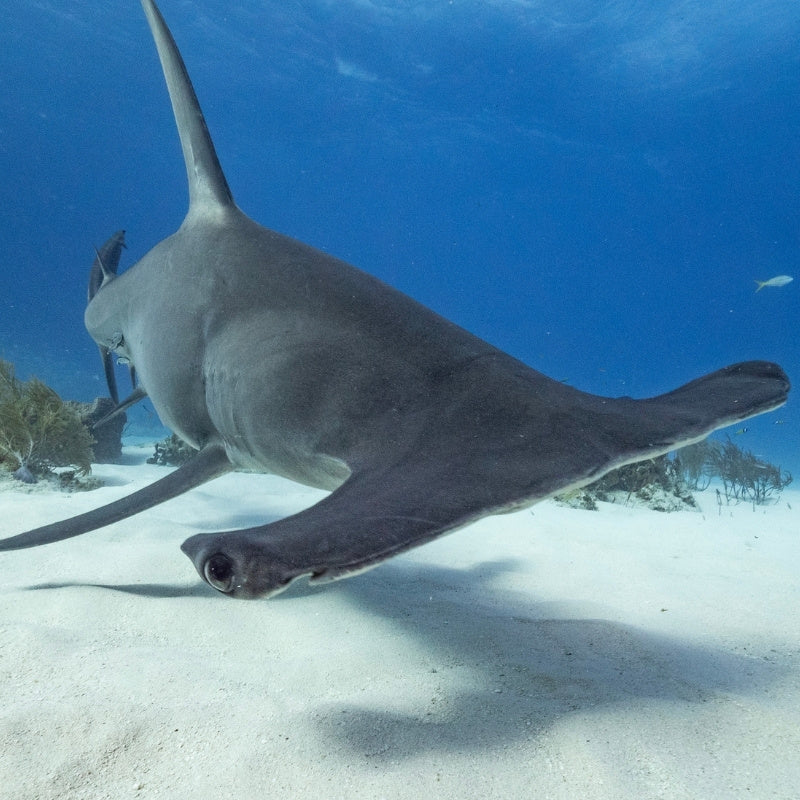
In Mozambique, Hammerhead sharks face additional pressures due to the country's growing tourism industry. While tourism can provide economic benefits to local communities, it can also put pressure on fragile marine ecosystems and disrupt the behaviour and movements of marine animals. As a result, it is important to promote sustainable tourism practices and protect critical habitats for Hammerhead sharks and other marine species.
To address these threats, conservation efforts are focused on reducing fishing pressure, establishing protected areas, and promoting sustainable fisheries practices. Additionally, monitoring and research are essential for gaining a better understanding of the distribution and abundance of Hammerhead sharks in Jangamo Bay and other areas. Through these efforts, it is hoped that Hammerhead shark populations can recover and thrive despite the challenges posed by climate change and other threats.
Rays and sharks play a critical role in maintaining the balance of marine food webs, and their decline can have cascading effects throughout the ecosystem.
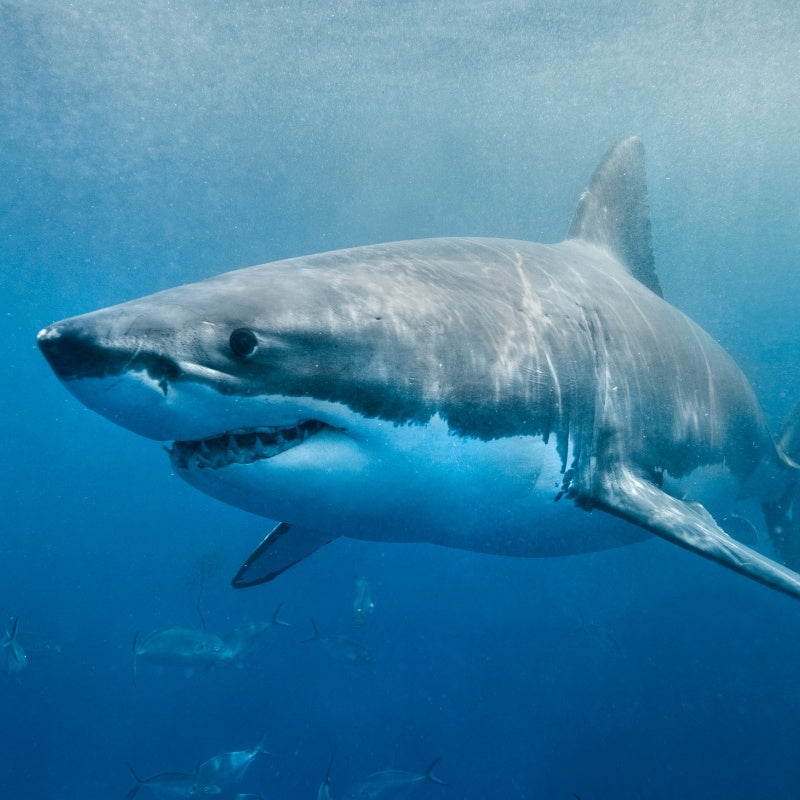
Love The Oceans is a charity based in Jangamo Bay, Mozambique, that focuses on marine conservation, particularly the conservation of sharks and rays. They work towards the protection and conservation of marine wildlife through research, education, and community outreach programs. Love The Oceans aims to promote sustainable fishing practices and reduce the negative impact of fishing on marine life.
Their work is important as sharks and rays are essential components of marine ecosystems and are at risk of extinction due to overfishing, habitat destruction, and pollution. Many shark and ray species are listed as endangered or vulnerable by the International Union for Conservation of Nature (IUCN). By working towards the protection of these species, Love The Oceans is helping to preserve the delicate balance of marine ecosystems and ensure the sustainability of fishing practices for future generations. Their education and community outreach programs also help to raise awareness and promote positive changes in attitudes towards marine conservation.
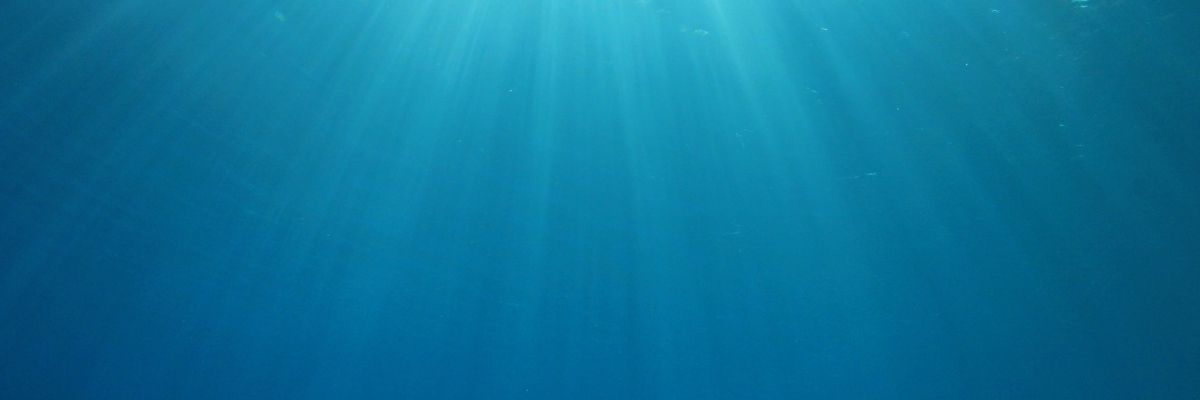
We Funded The Removal Of 68 Kilograms Of Rubbish From The Ocean
We donate 10% of profits from your shark and ray socks to
Bare Kind
Save the Rays Bamboo Socks
Share

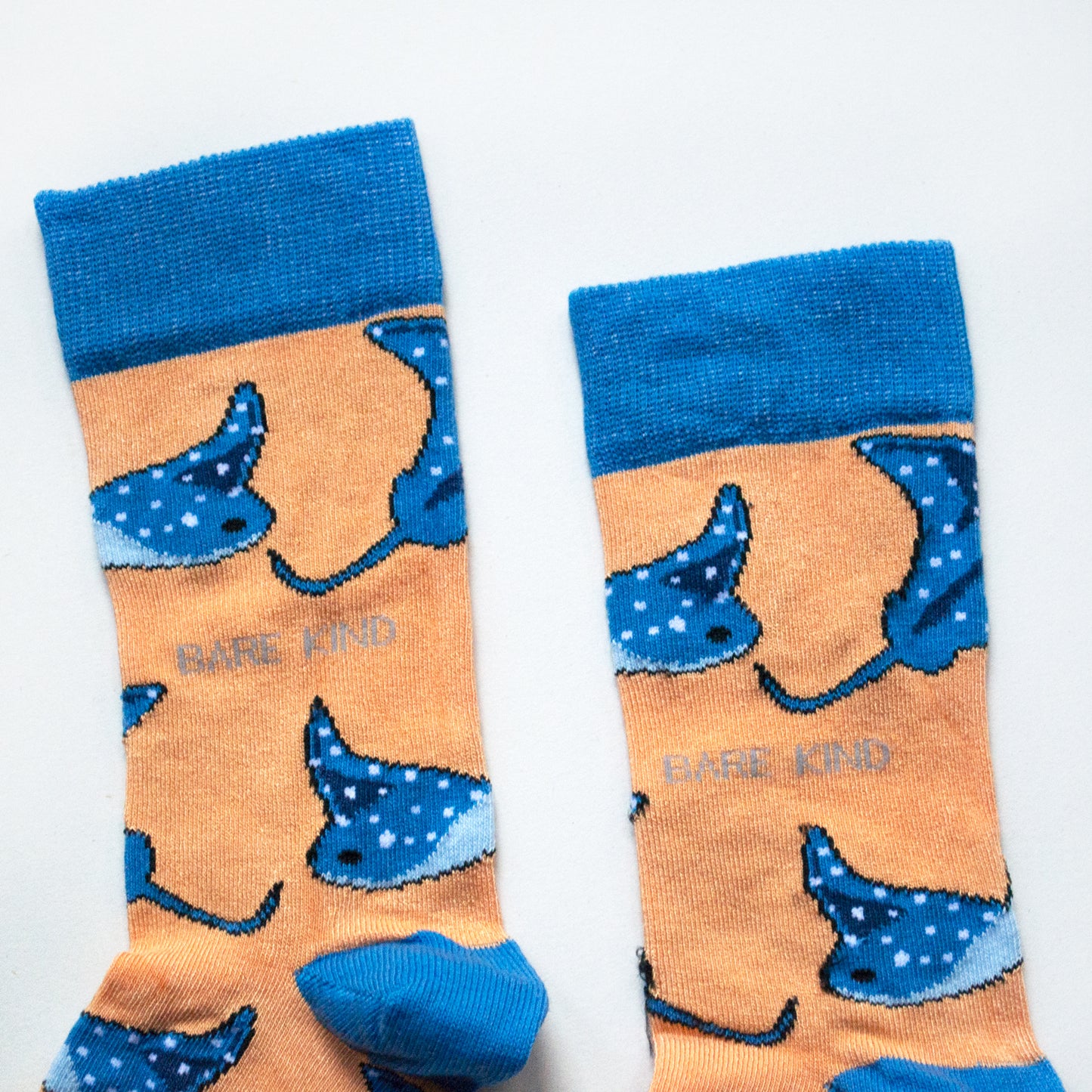

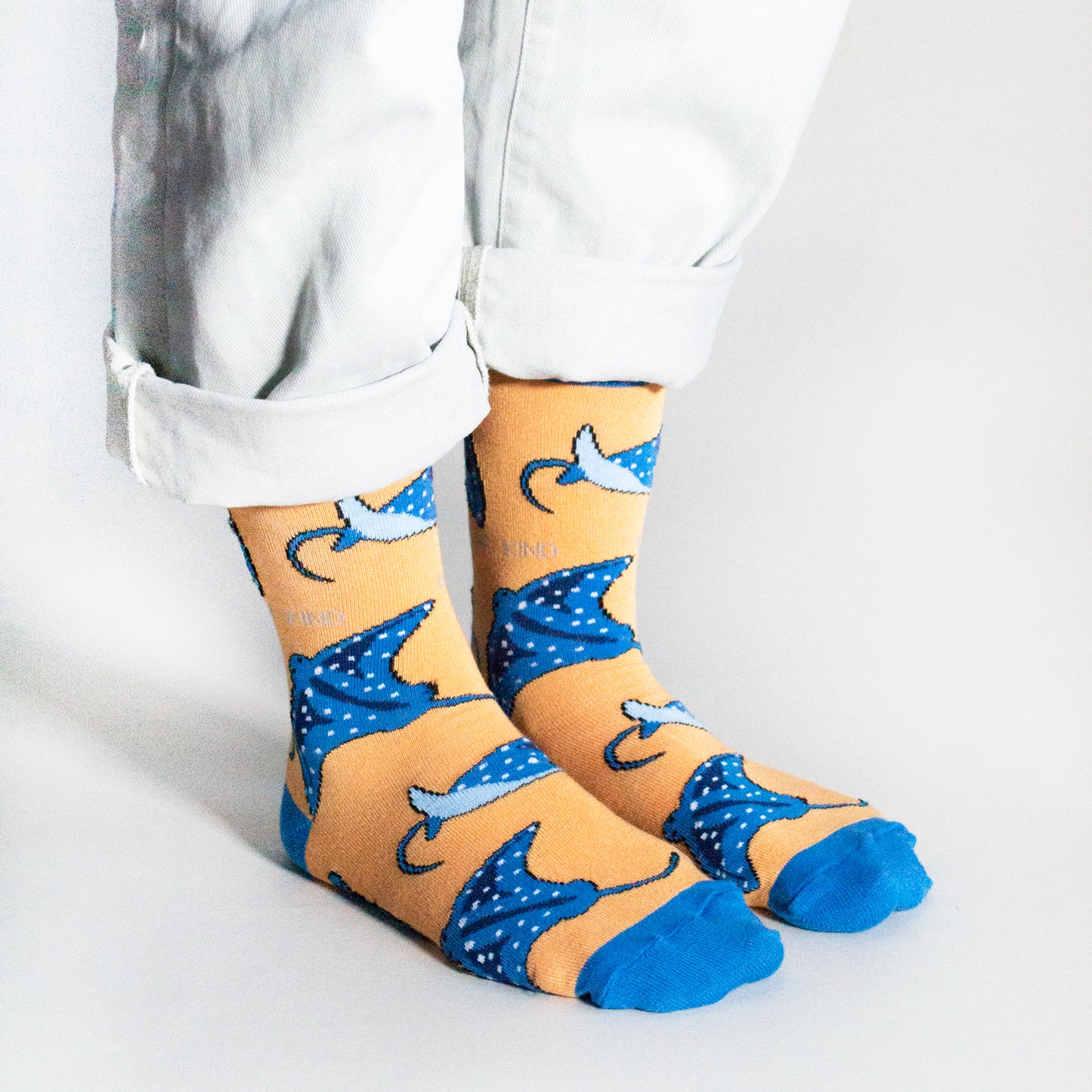
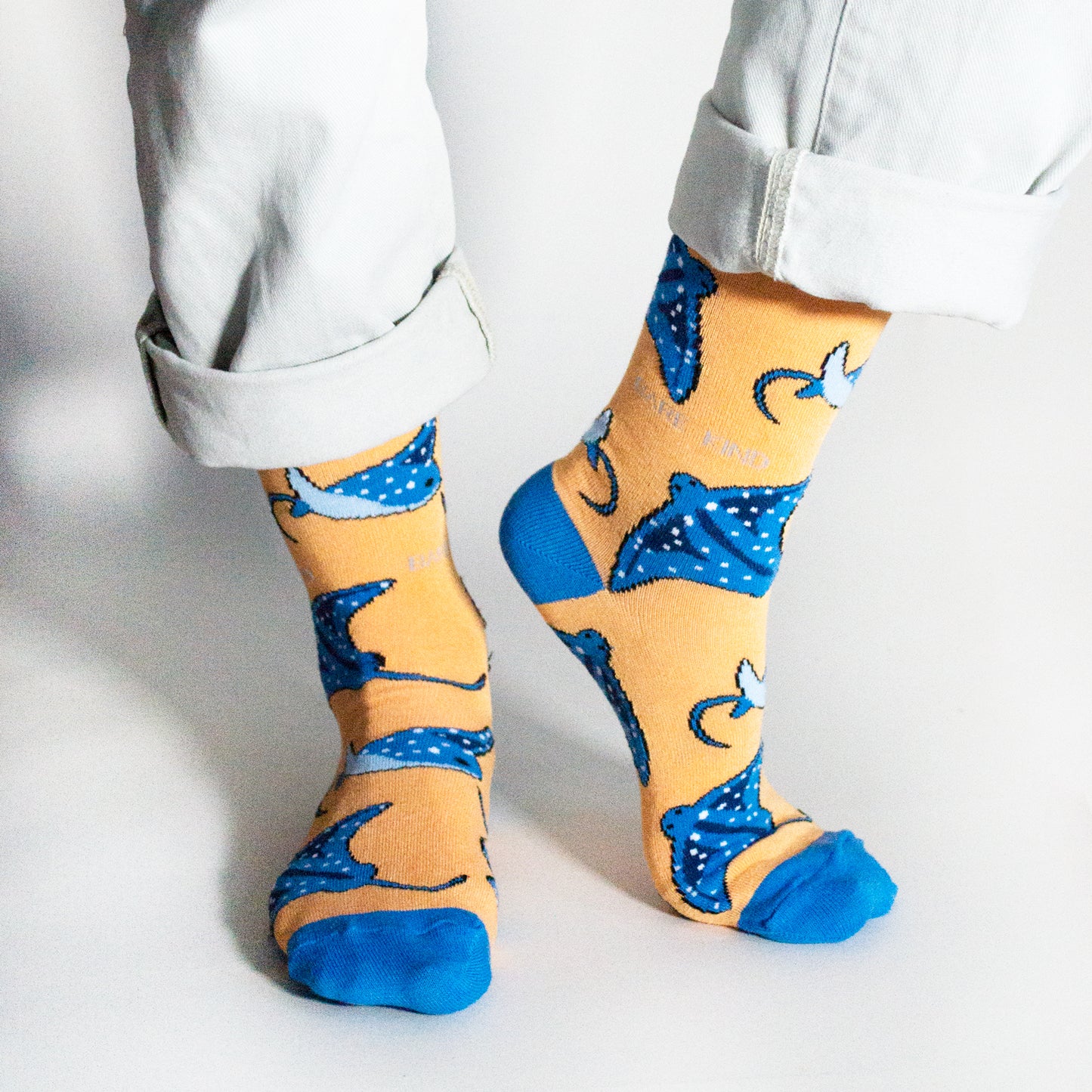


Bare Kind
Save the Sharks Bamboo Socks
Share
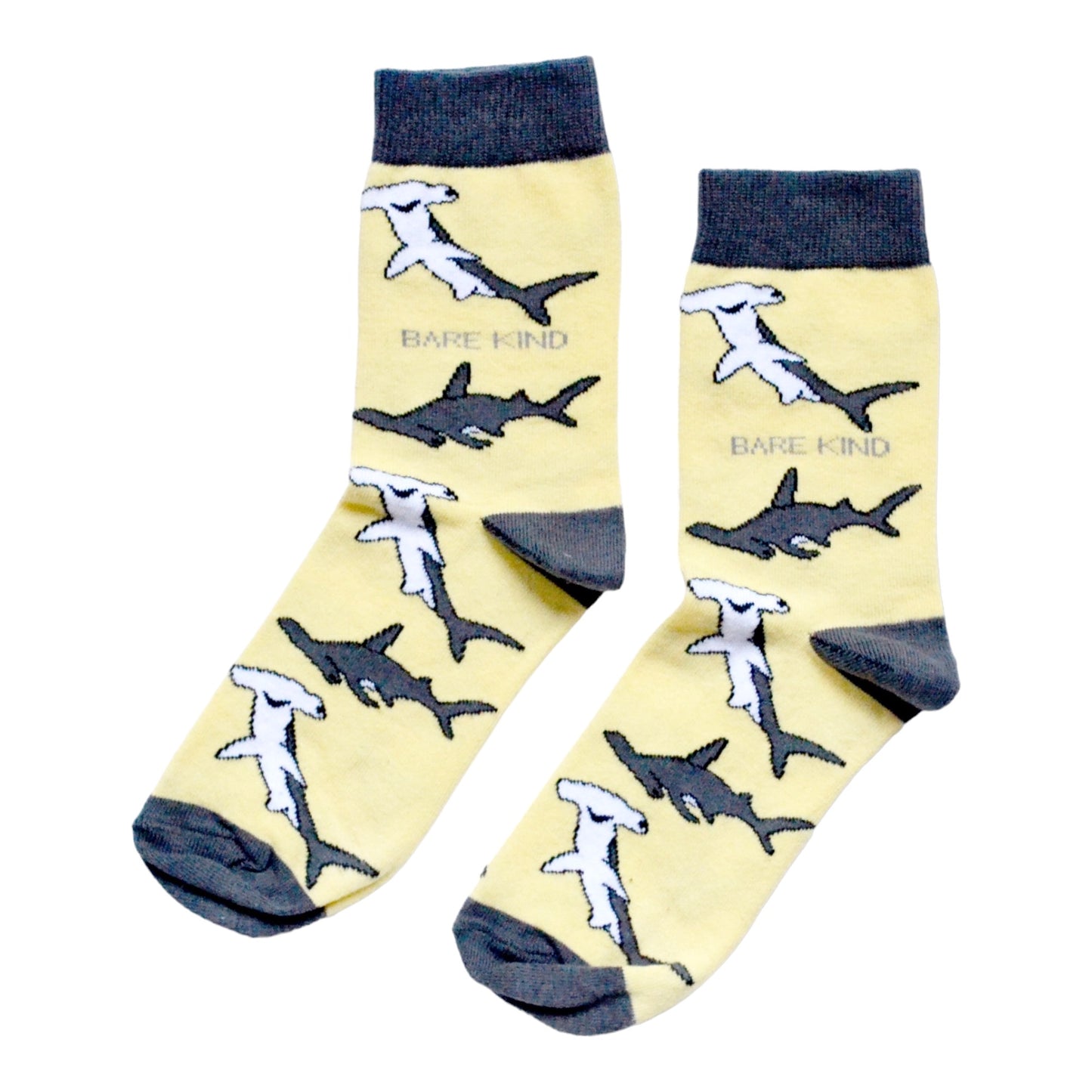
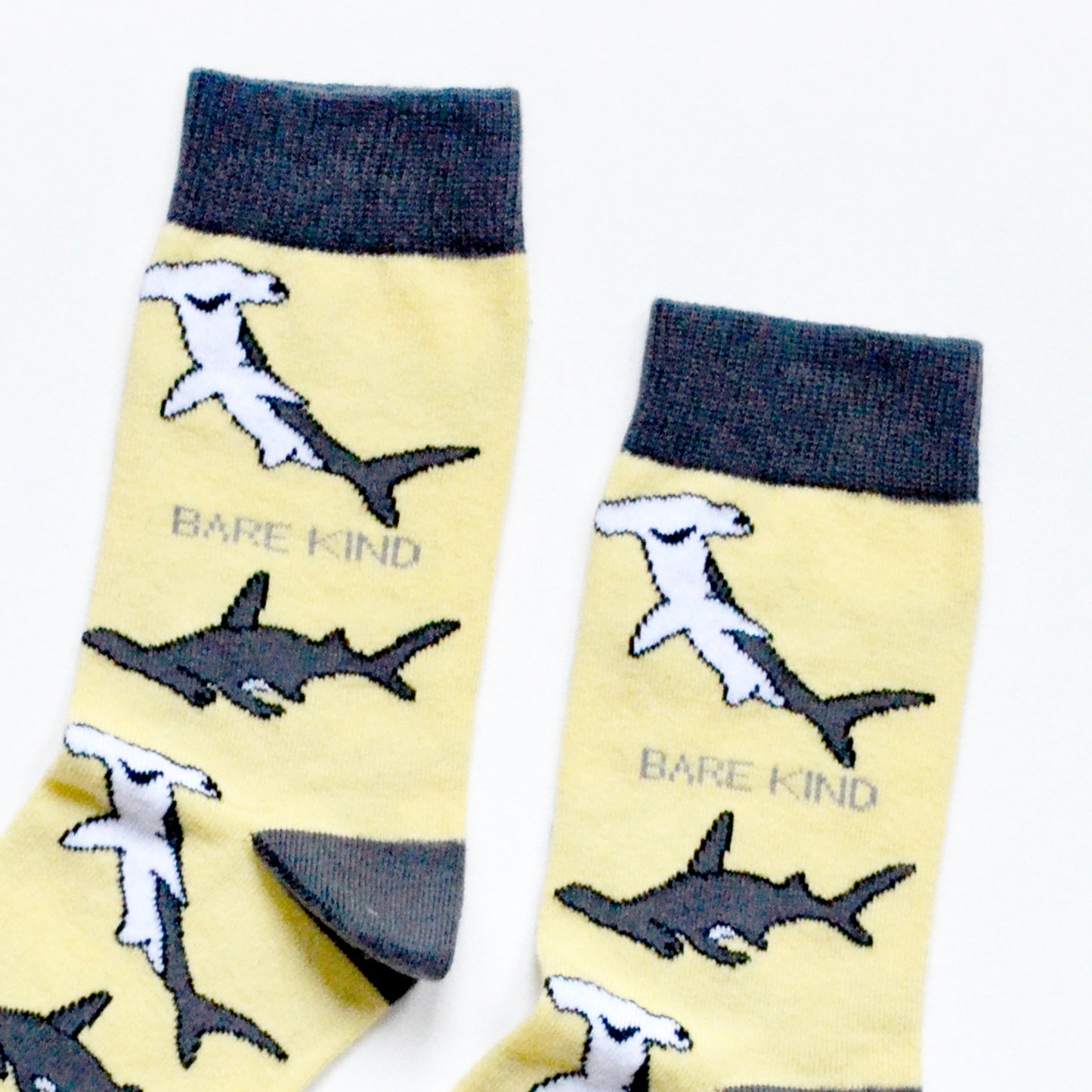
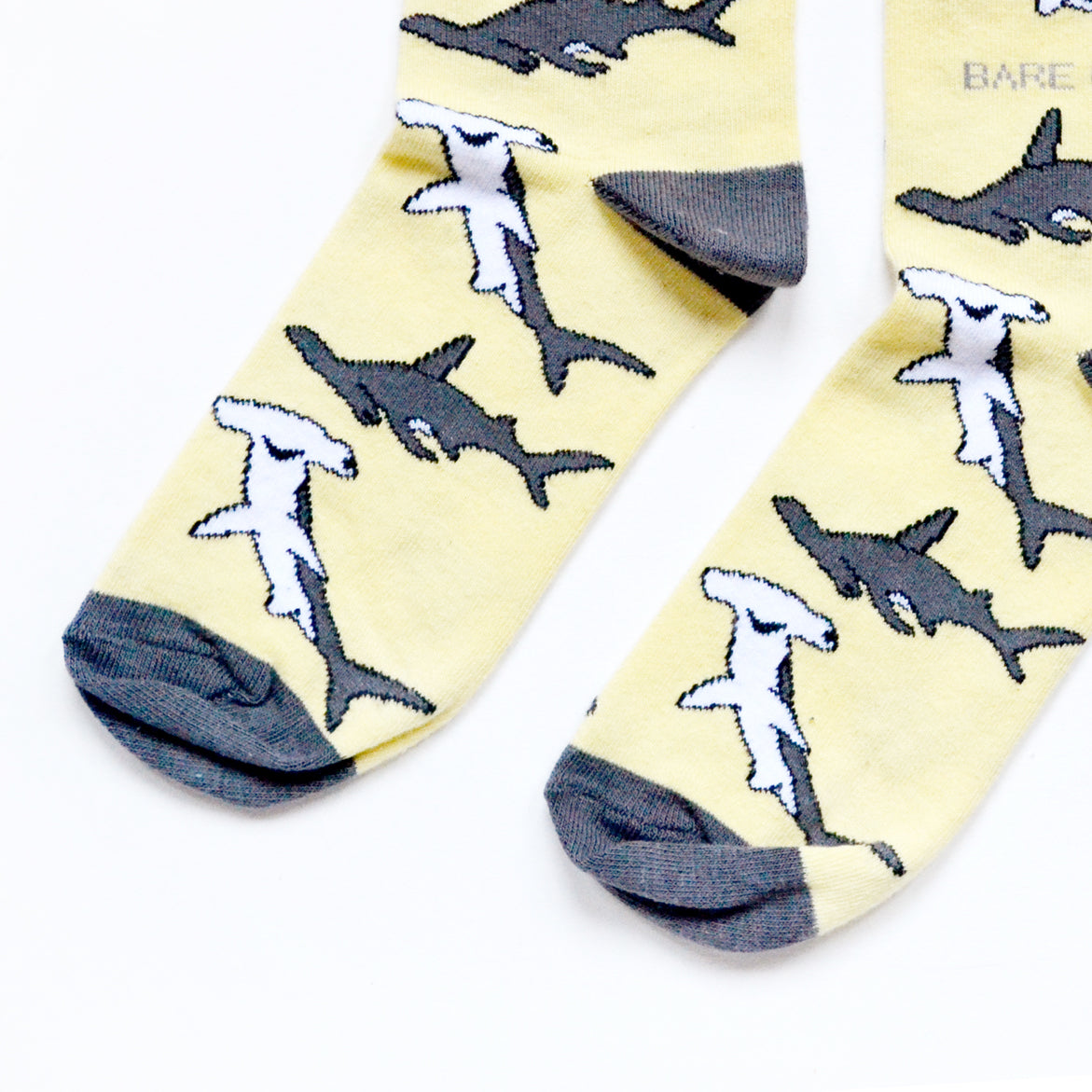
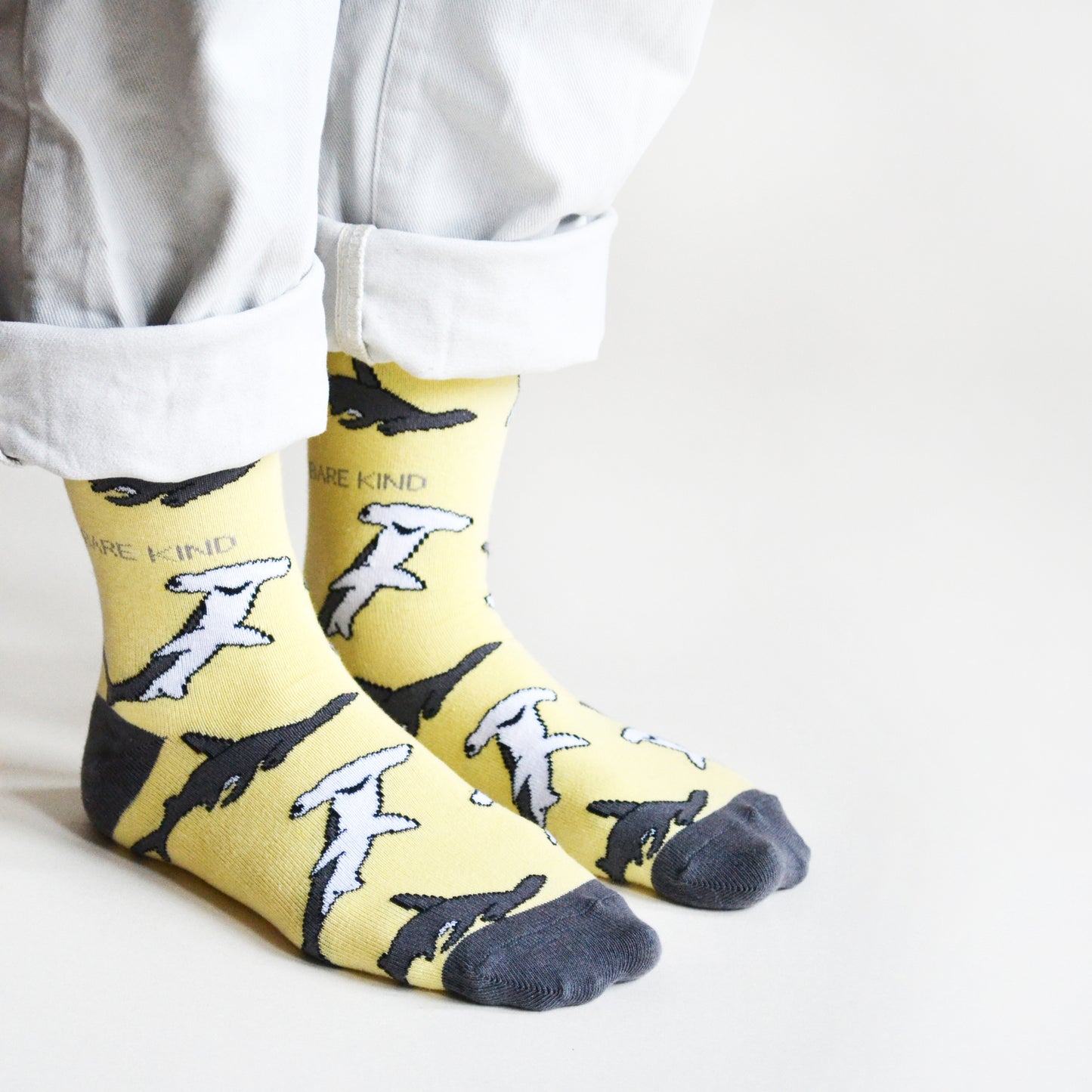
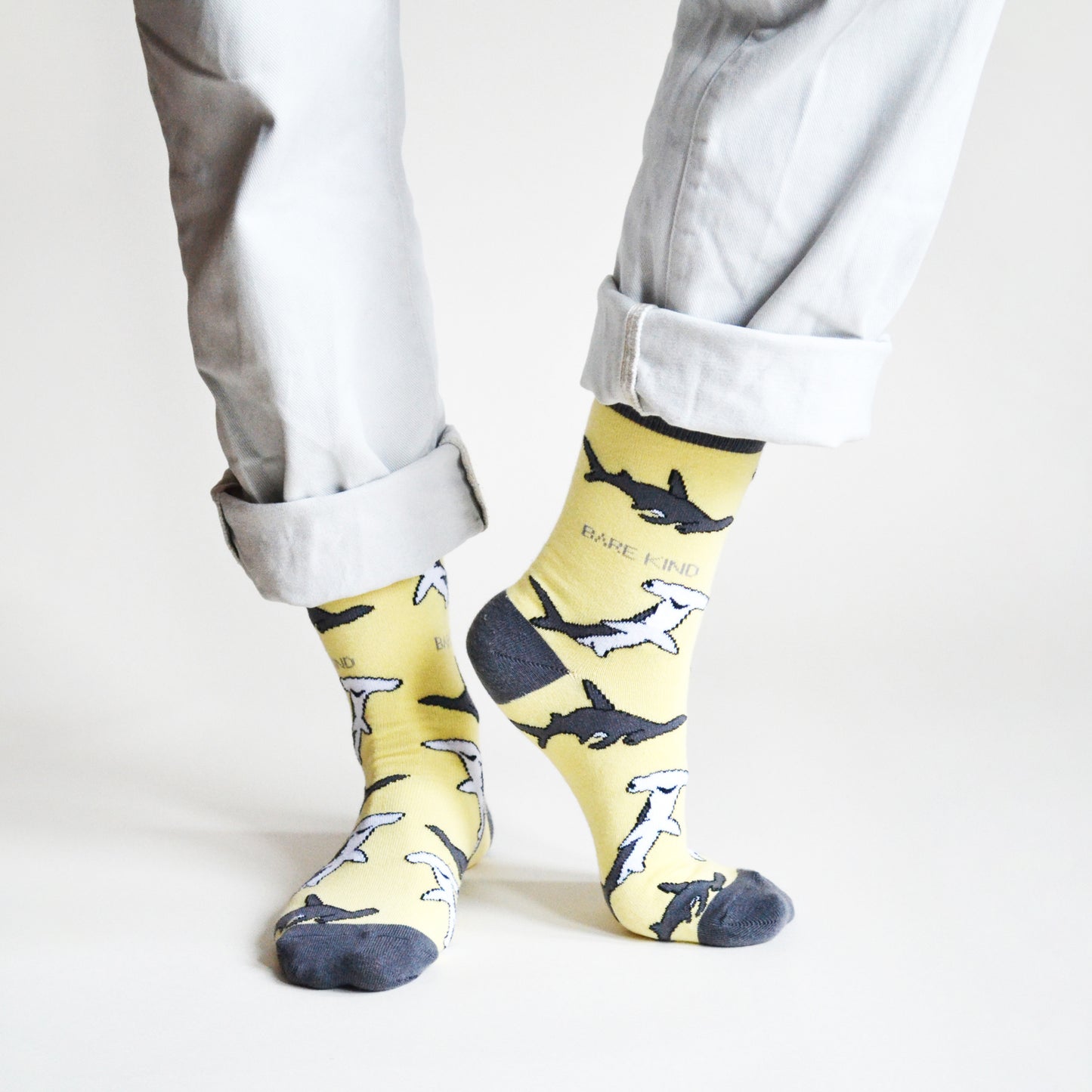
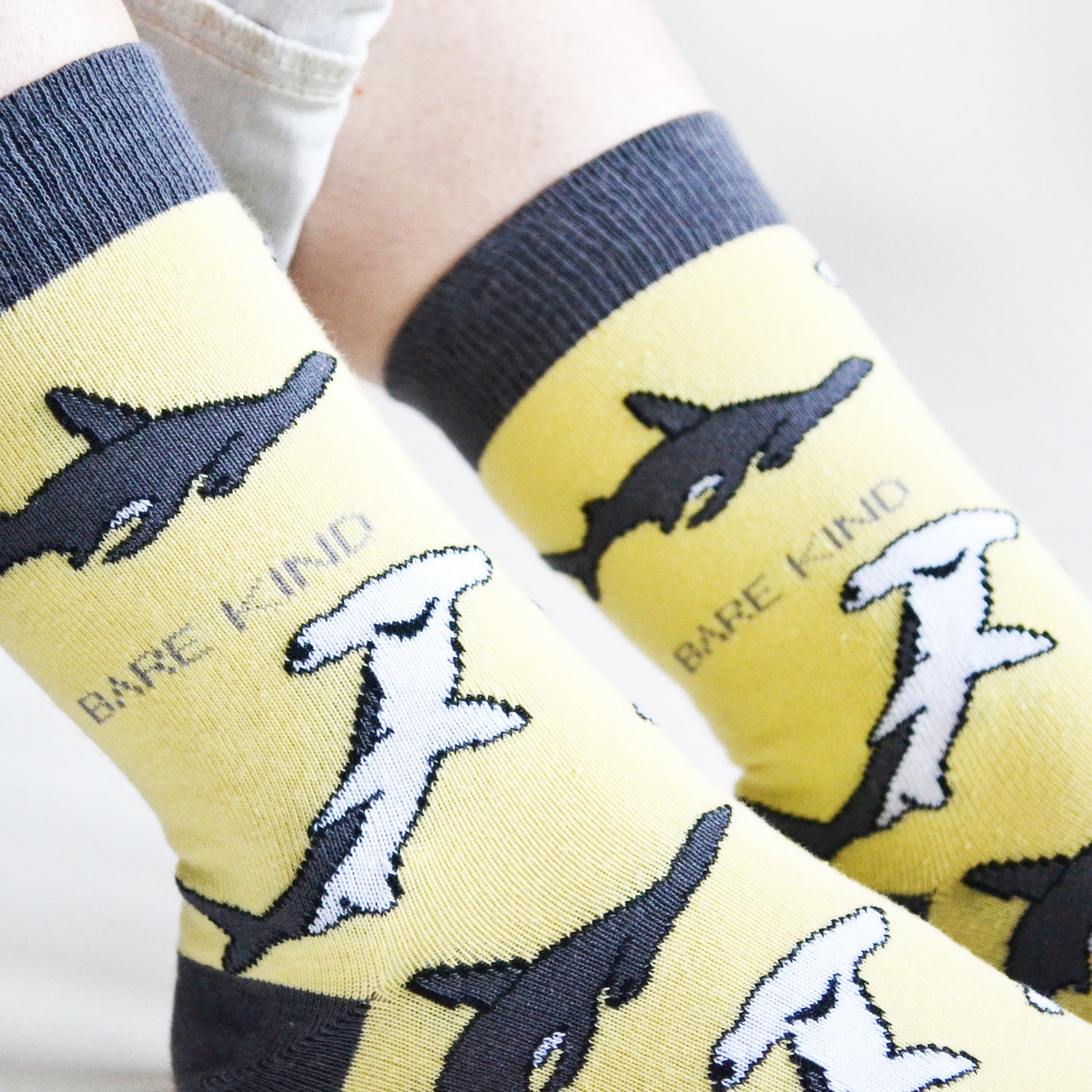

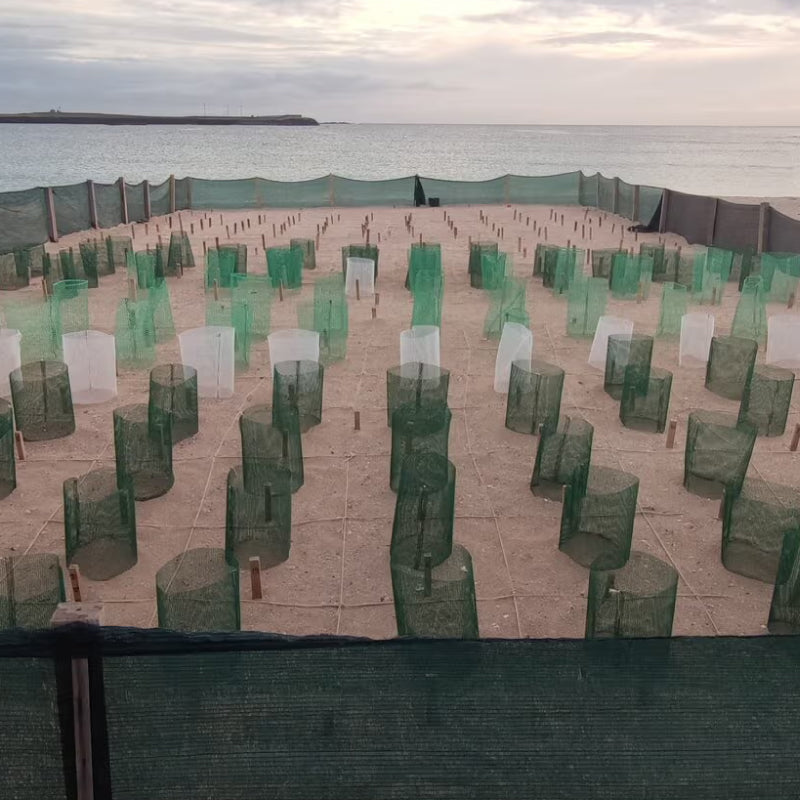
Our Philosophy
Restoring the biodiversity of our planet and its varied species is at the core of Bare Kind’s mission. By donating 10% of gross profits to charities that support the animals on our socks, we can continue fighting the fight against species extinction.
Bare Kind has been able to achieve an all-time high of donations in recent years. The business expanded its sock range to 40+ pairs and supports 35+ charities.
Our Charity Impact Reports highlight the projects we have been able to fund with our charity partners and the incredible animals we support.
Our hope is that something as humble as a pair of socks can make a lasting impression on our world and change it for the better. A huge thank you goes out to all our customers who have wanted to make a difference and empower the restoration of our planet with their socks.
